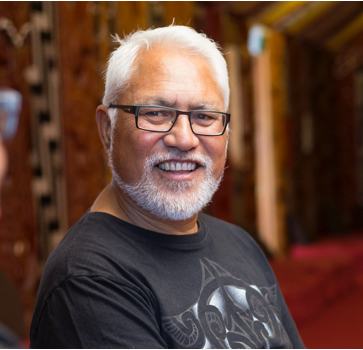Status of Māori land
Changing the status of Māori land
Can I change my General land to Māori freehold land?
Te Ture Whenua Māori Act 1993, s 133
Yes, this is possible, and needs an order from the Māori Land Court. You’ll need to lodge an application with the court, along with a current certificate of title from Land Information New Zealand. Your application will need to satisfy the court either:
- that all the owners agree to the change in status to Māori freehold land, or
- that the land can be managed or used effectively as Māori freehold land and that a sufficient proportion of the owners agree to the change.
The court must also be satisfied that the change in status is desirable taking into account the history of the land and the identity of the owners and their personal association with the land.
Can I change my Māori freehold land to General land?
Te Ture Whenua Māori Act 1993, ss 135–137
Yes, this is possible, but not easy. The change requires an order from the Māori Land Court, and the court must be satisfied:
- that the land is beneficially owned by no more than 10 owners, and
- that there is no trust over the land, and
- that the title to the land is, or can be, registered under the Land Transfer Act 2017, and
- that a sufficient proportion of owners agree to the change and have had enough time to consider it, and
- most importantly, that the land can be managed or used more effectively as General land. It is not easy to convince the court of this. In particular, it is not enough to argue that a sale price will be increased by making the change.
The requirements are different, however, if the land is owned by an incorporation. For incorporations, the court can make the change if it is “clearly desirable for the purpose of a rationalisation of the land base or of any commercial operation,” and if that rationalisation means buying more land.
Note: The Māori Land Court won’t change the status of the land merely so that you can mortgage it. There is in fact no legal reason why a bank cannot grant a mortgage over Māori freehold land.
How do I apply to change the status of the land?
Māori Land Court Rules 2011, rules 11.1, 11.2
For information about the application process, see: “Applying to the Māori Land Court for an order”.
Before you apply to the court you must assess whether the proposed change is feasible.
You’ll need to get:
- a copy of the block details for each block
- a current list of owners, and
- a current certificate of title from the court.
You’ll also need to notify the members of the whānau and hapū associated with the land (the “preferred classes of alienees”) at least twice before the court hearing. For a more detailed definition of “preferred classes of alienees”, see: “Overview and key terms”.
Note: For complex applications you’ll need to contact your local Māori Land Court for more information.
Notifying the “preferred classes of alienees” (whānau and hapū associated with the land)
The notices given to the members of the preferred classes of alienees should include:
- your name
- the district in which you made the application
- the name of the blocks, and
- the time, date and place of the hearing.
It’s also useful to include:
- the application number
- the contact details for the Māori Land Court Registrar, and
- the date by which any objections to the proposal must be received.
After you’ve lodged your application, the Māori Land Court will give you directions about when and how to give notice. This will vary from case to case, but the court may require you, for example, to place two notices in the newspaper closest to the land, with the first notice placed 21 days before the hearing and the second placed 14 days before the hearing.

